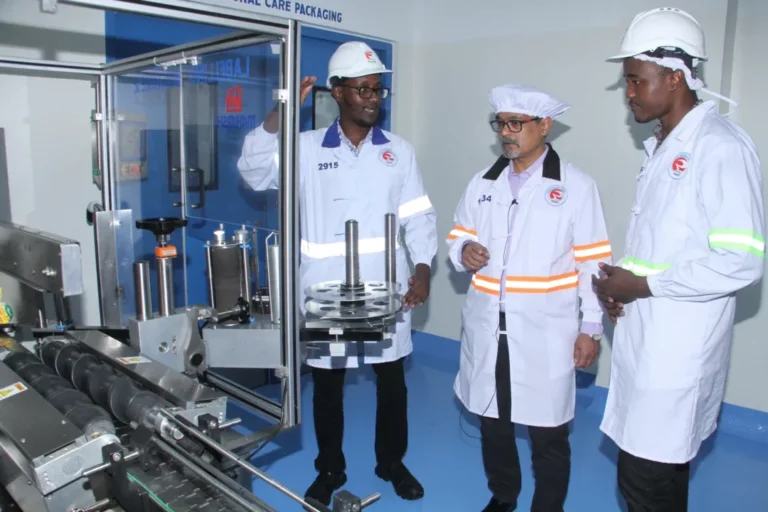There is need for innovation in manufacturing if it is to survive and even grow in a tough and uncertain environment. This means not only innovating new products but also re-thinking the production process to make it more efficient and sustainable.
Product innovation addresses the evolving needs of consumers while production innovation aims to improve the long-term ability of industry to meet those needs.
Investing in new products and methods of production at a time when the economy is struggling sounds counter-intuitive but is actually beneficial both to the consumer and manufacturers in the short and long-term. This dual approach ensures industry remains competitive by attracting and retaining customers while managing underlying business risks and economic uncertainties.
First, product innovation, basically the process of creating new products or improving existing ones to meet customer needs, allows the business to remain relevant in the prevailing market conditions, whether favorable or unfavorable, and continue delighting its customers.
According to Professor Clayton Christensen, who developed the theory of “disruptive innovation” customers do not just buy a product to meet their needs but they also want it to perform a certain job or function. For example, a consumer might buy a particular brand of cooking oil to give their food a certain flavor they want their guests to experience.
A company with a clear sense of what customers want to achieve with the product is likely to be more innovative than one focusing on just satisfying the most basic needs, in our example, cooking a meal. Product innovation can be both horizontal, where the manufacturer adds variations of an existing brand, or vertical where it introduces completely new products. Either way, the business improves its chances of growing market share although vertical product differentiation has been shown to yield better impact since it fundamentally transforms the consumer experience.
For this reason, product innovation must be ingrained in a firm’s culture. It is not a one-off affair rather a sustained effort to align the business with changing customer and market trends. This includes coming up with products that serve emerging needs and functions like where the cooking oil brand responds to change in a family’s culinary needs. Diversifying the product range is another example of innovation. This is a marketing strategy where
companies introduce completely new products in the market or venture into new markets with a view to increasing revenue.
Diversifying is an effective method for achieving business stability and growth, two key ingredients for weathering adversity. For manufacturers, expanding products and markets is a potent method of reducing risk, sustaining production and navigating economic constraints.
The second level of innovation is in the techniques used to produce goods and services. From a manufacturing perspective, production innovation involves improvement in processes and technology used to create goods. Investing in factory infrastructure to enhance efficiency, cut turnaround times, reduce wastage and ensure environmentally-friendly production. In addition, there is use of emerging revolutionary technologies like
artificial intelligence (AI), advances in automation and cloud-based software to streamline the entire manufacturing chain. Data analytics to mine valuable information on consumer habits and behavior. This however requires significant financial and human capital investment to deliver the desired results.
Thus, although it is tempting to cut back on investment to survive the lean times, this might be an opportune time for businesses to focus more on innovation geared to satisfying customer’s expectations at the right price point. Consumers want variety regardless of the situation, even if they are buying less. A dual innovation strategy therefore enables manufacturers to do exactly this while building resilience for recovery and long-term growth.
By Mr. Malde – Commercial Director, Pwani Oil Products Limited

